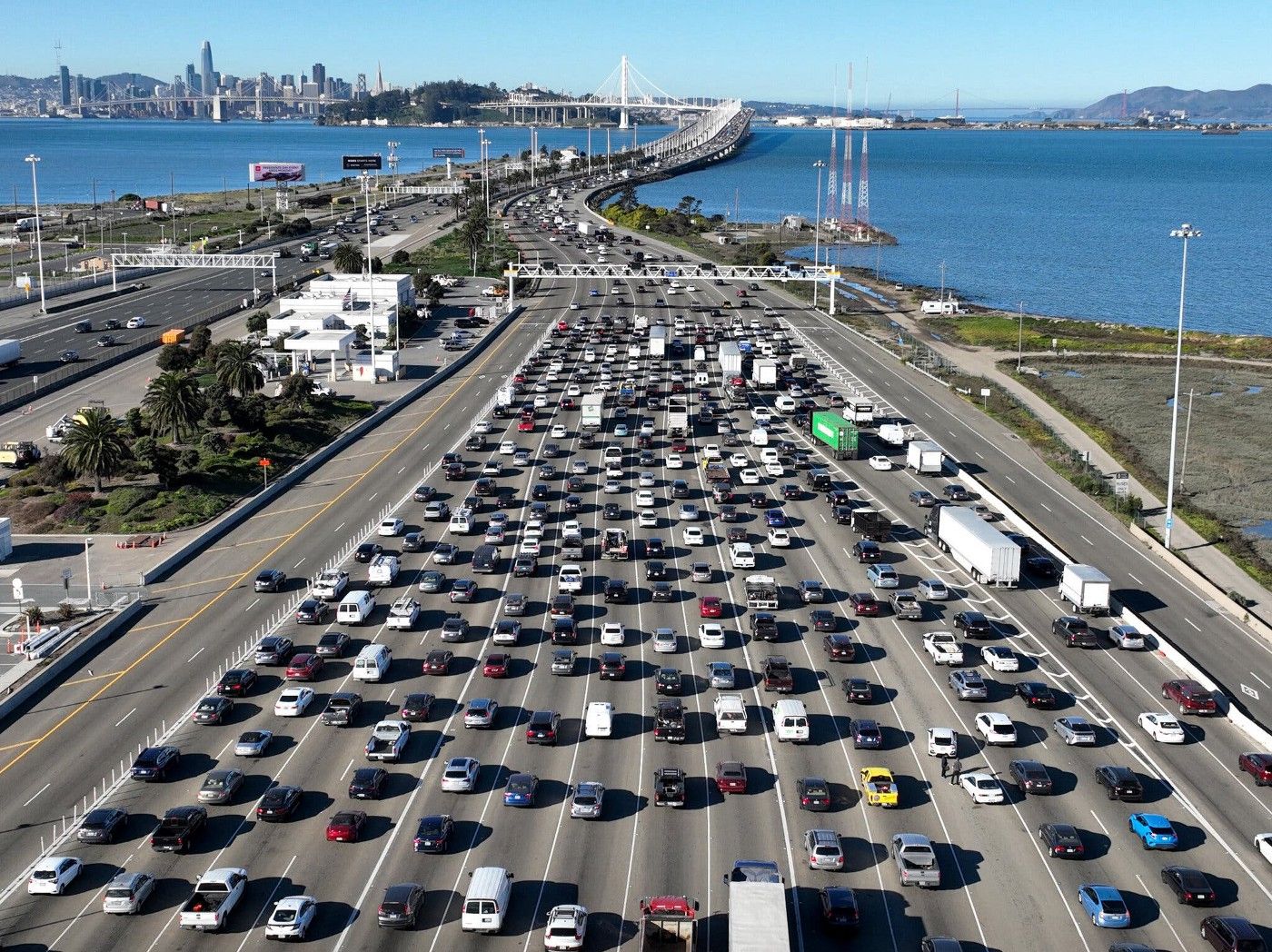California to Ban Sale of New Gasoline Cars
California regulators are expected to put in place a sweeping plan that will ban the sale of gasoline-powered cars, a move that the state’s governor described as the beginning of the end for the internal combustion engine.

Facts
- California regulators are expected to put in place a sweeping plan that will ban the sale of gasoline-powered cars, a move that the state’s governor described as the beginning of the end for the internal combustion engine.
- The rules will require all new cars sold in California by 2035 to be free of fossil fuel emissions — up from the current 12% goal — with interim targets requiring 35% of vehicles sold in the state by 2026 to produce zero emissions, rising to 68% by 2030.
- The move would not ban the sale of any used vehicles, and owners of gasoline-powered cars will still be able to use California’s roadways.
- California is one of the largest markets for car retail in the world, with nearly 15M registered vehicles currently on the road and 1.85M new vehicles registered in 2021 alone.
- Such a ban would aim to heavily incentivize the manufacturing and usage of electric vehicles, as well as vehicles that run on hydrogen fuel cells. Electric car sales are rising in the state, making up approximately 8% of total sales in 2020 and more than 12% in 2021.
- The move, which would be one of the first of its kind in the world, was proposed by the California Air Resources Board (CARB) in April to achieve Gov. Gavin Newsom’s (CA-D) goal of reducing emissions.
Sources: New York Times, Daily Caller, Washington Post, Verge, FOX News, and Daily Wire.
Narratives
- Left narrative, as provided by The Guardian. This move will be a positive step in cutting back on carbon emissions and fighting climate change. Californians and, hopefully, Americans nationwide will move towards more sustainable vehicles.
- Right narrative, as provided by The Daily Mail. This is another lofty California idea that will be easier said than done. There are a variety of external factors that could hamper the ban, including lack of infrastructure and mineral availability. Markets don’t respond well to such extreme mandates.






